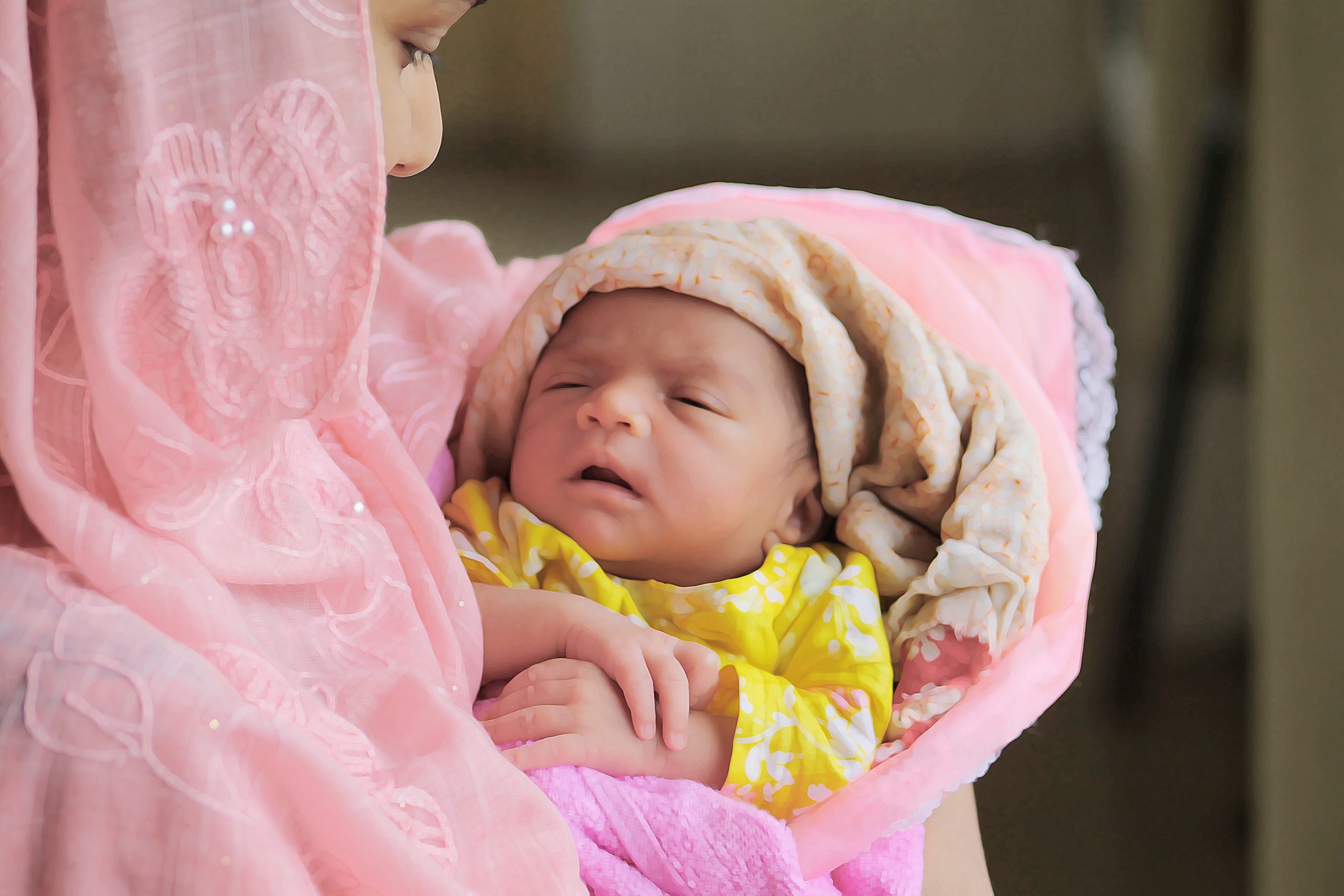Child Health and Diseases
The department of child health and diseases , also known as pediatrics , is the branch of science that deals with the diagnosis, follow-up and treatment of individuals in the process from birth to adolescence. Congenital diseases, vaccinations that must be administered regularly after birth, and mental, physical and motor development of people defined as children between the ages of 0 and 18 are monitored by pediatricians. During routine examinations during this process, many processes such as the height, weight, nutrition and similar development of babies, as well as the development of daily life skills, expression and understanding, and neurological and psychological development are checked and monitored. Physicians who deal with the difficult diagnosis and treatment of diseases of babies whose communication skills have not yet developed, perform examinations of individuals in childhood, taking their psychology into consideration. Pediatricians receive 6 years of medical school education and then 4 years of specialization in pediatrics. The department of child health and diseases also has many sub-branches. Pediatricians who specialize in these branches undergo additional training.


Pediatric Surgery
After completing 6 years of medical education, pediatric surgeons receive 5 years of specialization training in the department of pediatric surgery. Pediatric surgery department physicians deal with the diagnosis and treatment of physical deformities and many diseases that exist at birth, known as congenital anomalies . Excluding heart diseases, chest, gynecology, oncology, endocrine, digestive system, trauma, abdominal and umbilical hernia surgery are the main areas of expertise. In addition to open surgeries, laparoscopic and thoracoscopic surgical interventions, also known as closed surgeries, are also performed by the pediatric surgeon.

